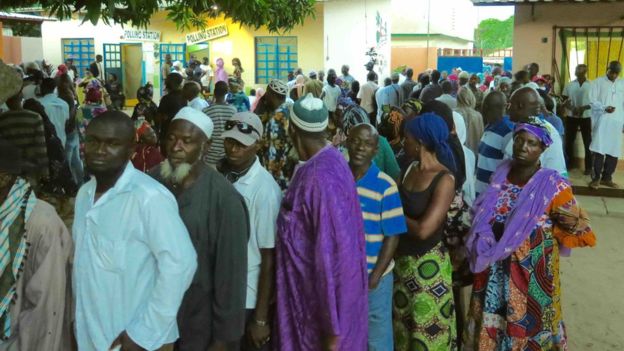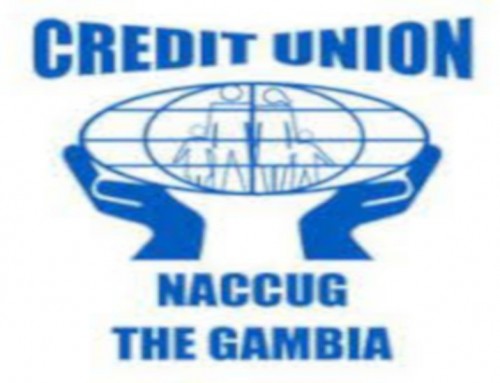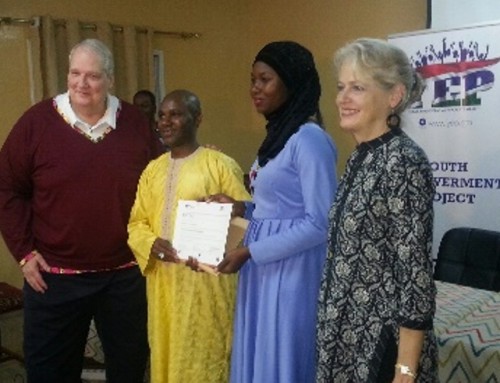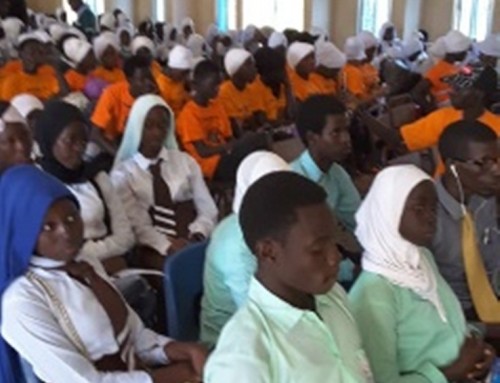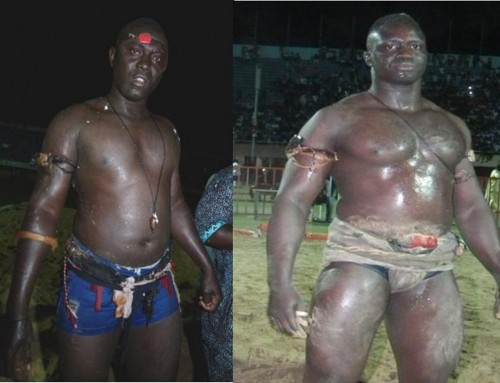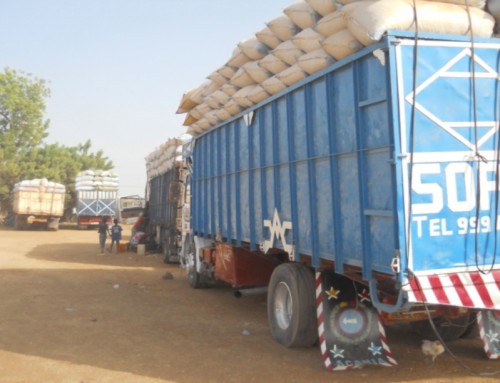By Cheikh Sadibou Mane
BANJUL (Reuters) – Gambians voted on Thursday in the first serious electoral challenge to President Yahya Jammeh, who has said only Allah can remove him from office and once claimed he would rule the tiny riverside West African nation for “a billion years”.
Jammeh, who seized power in a 1994 coup, has made headlines by claiming to have a herbal cure for AIDS that only works on Thursdays, declaring Gambia an Islamic republic and threatening to slit the throats of practising homosexuals.
Rallies for the main opposition challenger businessman Adama Barrow have attracted crowds of thousands, in a rare show of defiance to a leader rights groups say frequently imprisons and tortures opposition figures.
Barrow has promised to revive Gambia’s economy, one of the region’s most sluggish, end wide spread human rights abuses and to step down after three years as a boost to democracy.
Jammeh’s supporters deny allegations of atrocities and he frequently rails against Western interference in African internal affairs. Dressed in white robes and carrying a copy of the Koran, the president has also drawn large crowds during rallies across Gambia, which straddles the Gambia river on Africa’s west coast.
Voters queued up at polling stations where they will chose by dropping marbles into drums painted green, silver and purple for the three candidates, each with his picture on. Gambian officials say the system is designed to avoid spoiled ballots and to simplify the process for the many illiterate voters.
A Reuters reporter in the country said both internet and international phone signals had been jammed. Repeated attempts to call sources in Gambia did not go through.
Activist Jeggan Grey Johnson with Open Society Foundation called the outages a “deliberate attempt by the incumbent to control any sort of information sharing”. Gambia’s communications minister could not be reached for comment.
European Union observers have been barred from monitoring the presidential poll; African Union observers have been admitted.
In April, small protests in Banjul calling for electoral reform led to dozens of arrests, including that of the leader of the main UDP opposition party Ousainu Darboe.
Two UDP members have since died in custody while others remain in jail.
Jammeh said this week: “My presidency and power are in the hands of Allah and only Allah can take it from me.”
(Writing and additional reporting by Emma Farge and Edward McAllister; Editing by Tim Cocks)
Source: Reuters
